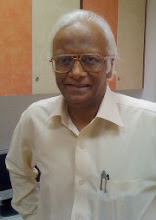Kate Winslet and Sam Mendes

Kate Winslet of Titanic fame and her director husband Sam Mendes have separated after a 7-year marriage. It was the second marriage – and second divorce, too – for the 34-year-old Winslet, 34, winner of the best actress Oscar award for The Reader, a movie based on the theme holocaust. She divorced her first husband, Jim Threapleton, in 2001, three years after their marriage.
Both Kate and Sam are Oscar award-winners.
Sandra Bullock and Jesse James

Newly-crowned Oscar queen Sandra Bullock and Jesse James have just divorced, ending their 5-year marriage. Jesse’s unfaithfulness is said to be the reason for the split.
Huang Yi and Jiang Kai

Chinese actress Huang Yi and her husband Jiang Kai have just ended their year-old marriage. Conflicting personalities is ascribed as the reason for the fiasco.
Charlene Choi and Ronald Cheng

When Hong Kong actress Charlene Choi and singer Ronald Cheng announced their divorce ending their 4-year marriage, it took even the paparazzi by surprise because they did not know the couple was married in the first place.
Gong Li and Ooi Hoe Seng

Gong Li the actress has split from Singaporean tobacco tycoon Ooi Hoe Seng (59). Gossip about Gong’s new relationship is making the rounds.




















